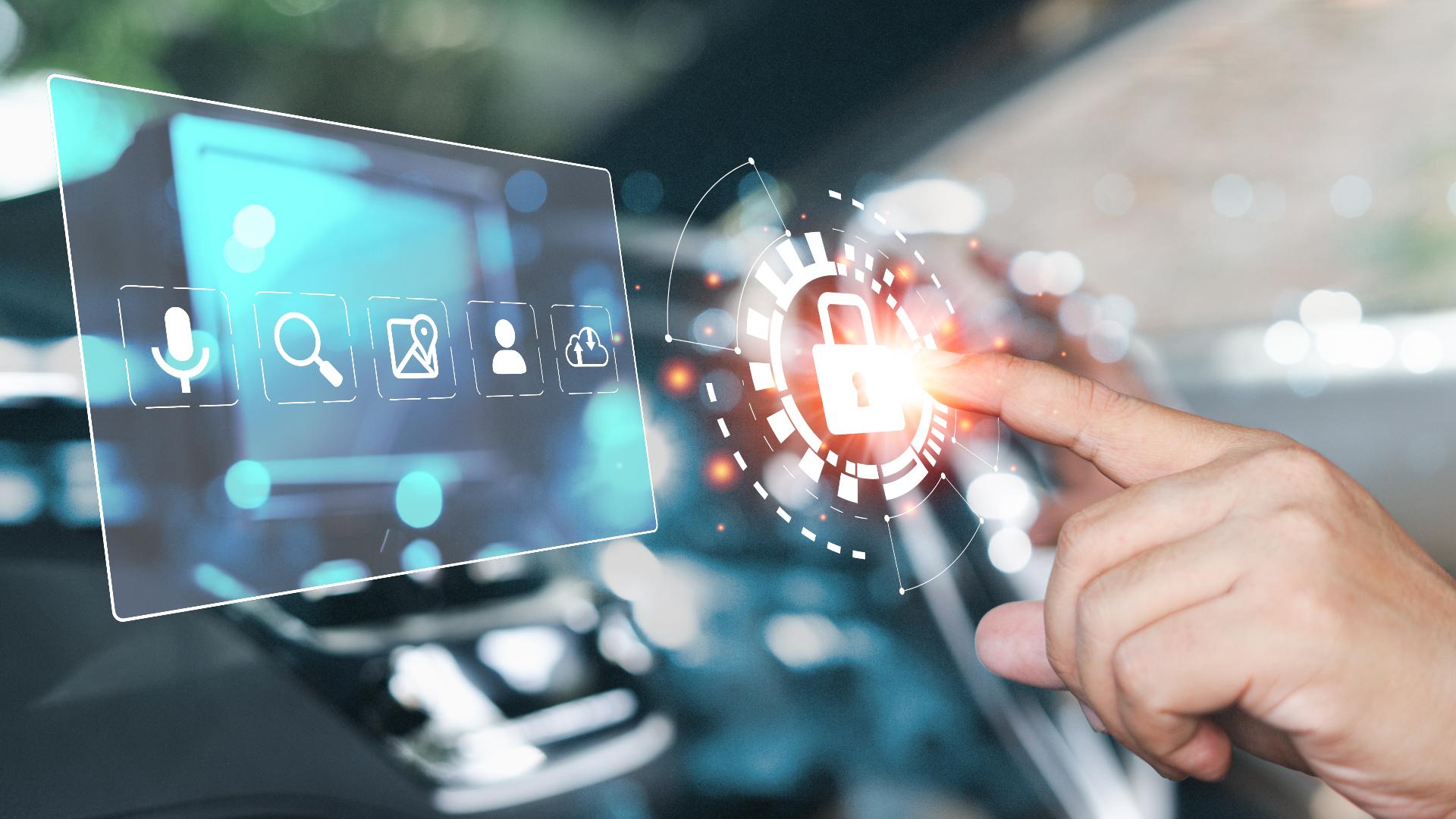ATLANTA — Modern cars can capture all types of data, and there is growing attention to how that data is collected and used.
"So these days, cars are just big computers on wheels, and like desktop computers or mobile phones, they collect a ton of information about us, and they can also share a ton of information about us," Justin Brookman, director of technology policy at Consumer Reports, said. "And a lot of times, we don't even know what's happening."
While there are benefits when it comes to advancements in technology, like driver awareness and safety, a report from the Mozilla Foundation took a deep dive into the issue. The foundation reviewed 25 car brands and their respective privacy policies, ultimately dubbing each with the group's "Privacy Not Include warning label --making cars the official worst category of products for privacy" the group has ever reviewed.
"While we worried that our doorbells and watches that connect to the internet might be spying on us, car brands quietly entered the data business by turning their vehicles into powerful data-gobbling machines," the 2023 report states. "Machines that, because of all those brag-worthy bells and whistles, have an unmatched power to watch, listen, and collect information about what you do and where you go in your car."
According to the foundation's report, 84% of the car brands reviewed "say they can share your personal data -- with service providers, data brokers, and other businesses we know little or nothing about. Worse, nineteen (76%) say they can sell your personal data."
Concerns over data collection are also gaining traction.
In May, the Federal Trade Commission released a statement regarding unlawful data collection and use, writing, "Car manufacturers—and all businesses—should take note that the FTC will take action to protect consumers against the illegal collection, use, and disclosure of their personal data."
"Regulators are starting to care a lot more about this," Brookman added. "California has a dedicated privacy agency. They said that this year they want to focus especially on car privacy, and that's before a lot of these big car stories came out."
In an April letter to the FTC, U.S. Sen. Ron Wyden (D-OR) and U.S. Sen. Edward Markey (D-MA) called for an investigation into Toyota, Nissan, Subaru, Volkswagen, BMW, Mazda, Mercedes-Benz, and Kia - claiming the companies are "deceiving their customers by falsely claiming to require a warrant or court order before turning over customer location data to government agencies."
The senators' letters further cite the "significant differences in privacy protection by the different automakers are a result of the current state of federal privacy law."
Right now, there is no comprehensive federal privacy law, but there is action in the courts, which legal experts forecast could all lead to future standards. For instance, in June, several class action lawsuits were consolidated in the Northern District Court of Georgia, accusing GM of collecting driver data without consent and sharing it or selling it to third parties.
11Alive reached out to GM, and the company does not comment on pending litigation, a spokesperson told 11Alive, but told the New York Times in March that it had stopped sharing details about how people drove its cars with two data brokers that created risk profiles for the insurance industry.
Jessica Cino, a partner with Krevolin & Horst and unaffiliated with the lawsuit, will be among those watching to see how such lawsuits play out.
"We've seen this to a certain extent with other companies," Cino said. "We saw this sort of with people who all got on board with taking DNA tests and then you found out that some of that was being shared with law enforcement, and people didn't necessarily know about it."
Cino anticipates, like other privacy lawsuits, the case could lead to a settlement while possibly influencing future standards.
"So I think probably what you're going to see with these cases as they necessarily move forward," she said, "is we have to collectively sort of have the law catch up to the reality of technology and probably have upfront disclaimers, opt-in agreements... or opt out of it without penalizing [drivers] for opting out if they so choose."
In the interim, experts advise drivers who are concerned about data sharing to be careful what they agree to when purchasing a new vehicle, visit the settings in one's car to see if data share settings can be turned off, and utilize sites like 'Privacy4Cars' which allows drivers to enter their VIN for a specialized privacy report.
Brookman cautions that consumers should also be mindful of the apps installed on smartphones.
"Because they may be sharing how you're driving as well," he said.

